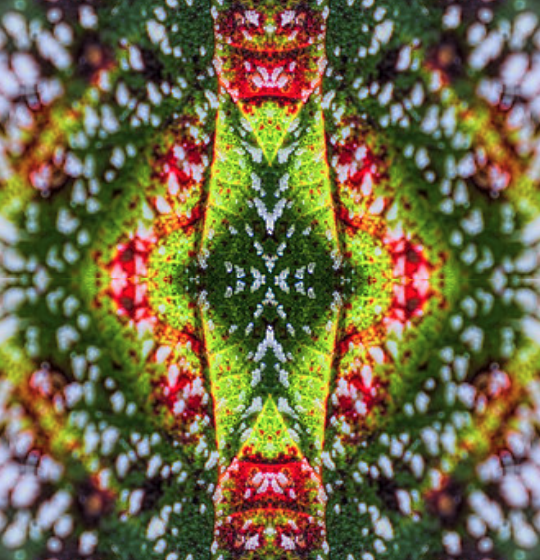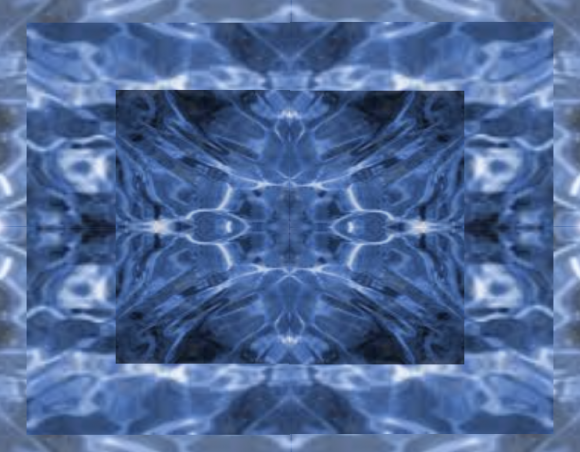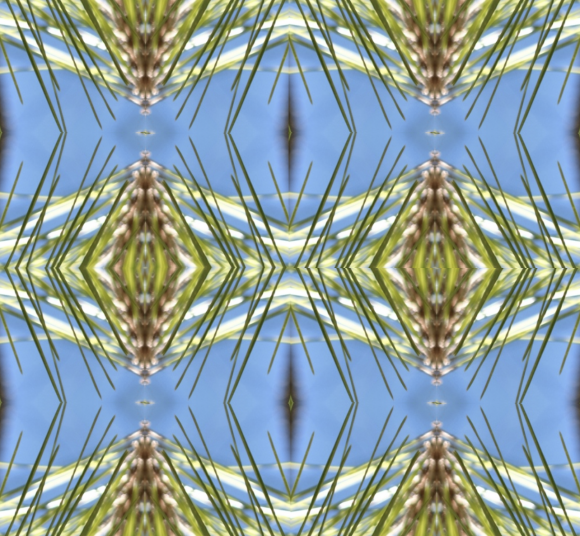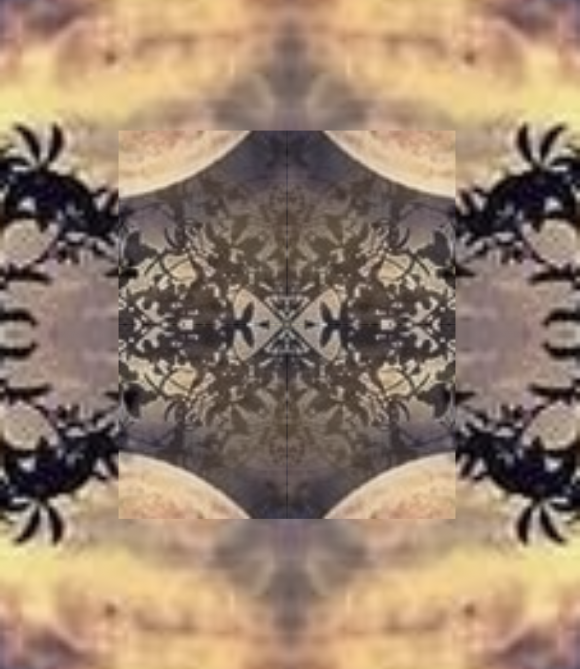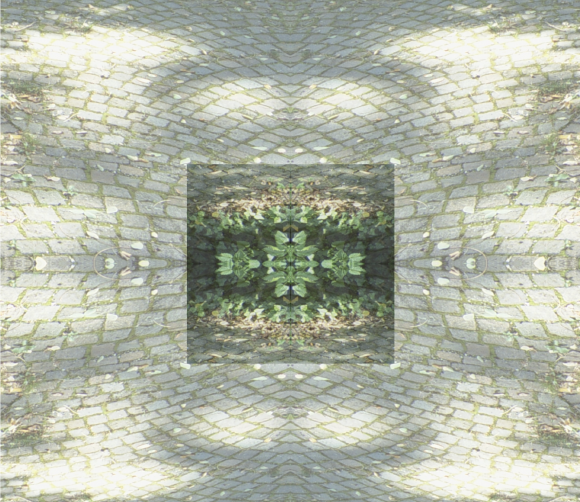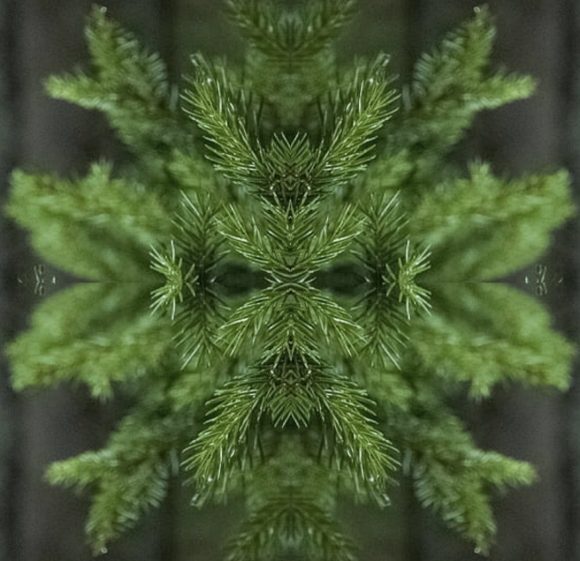
I have referred to the mirror theory of eros once or twice now, but I realize that my argument regarding that view is somewhat scattered around this blog. Here is a précis that should help keeping the main points in mind. When a person is infatuated, a cluster of psychological contents which are all related to the love object forms, called a phantasma. The phantasma must partly be understood in...



